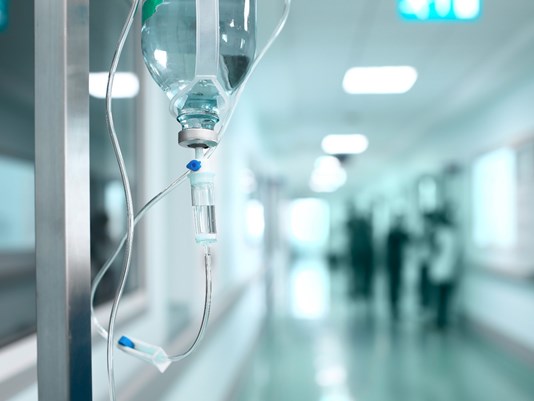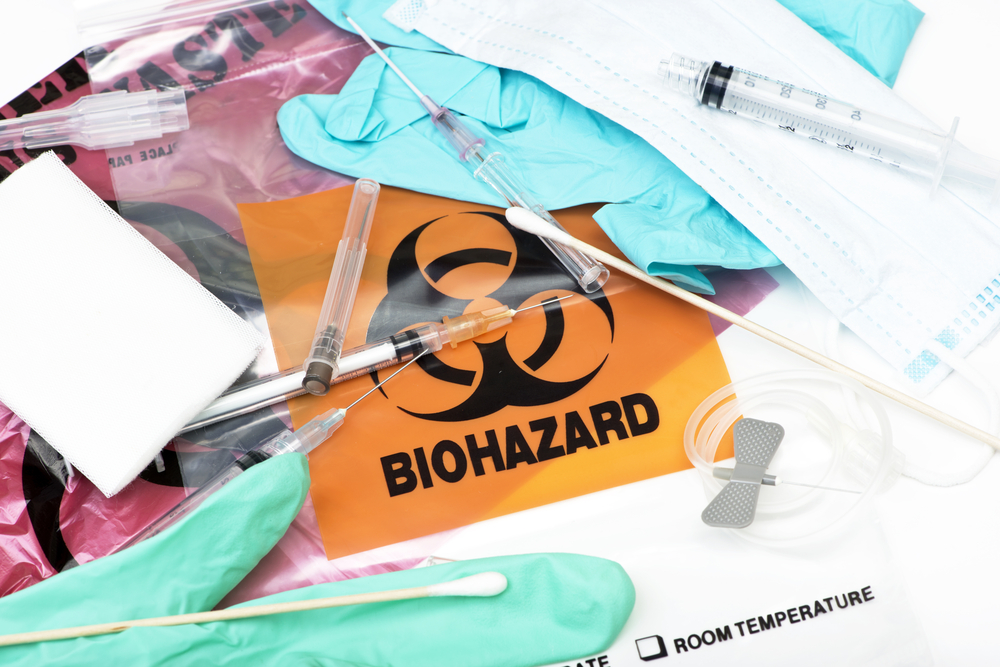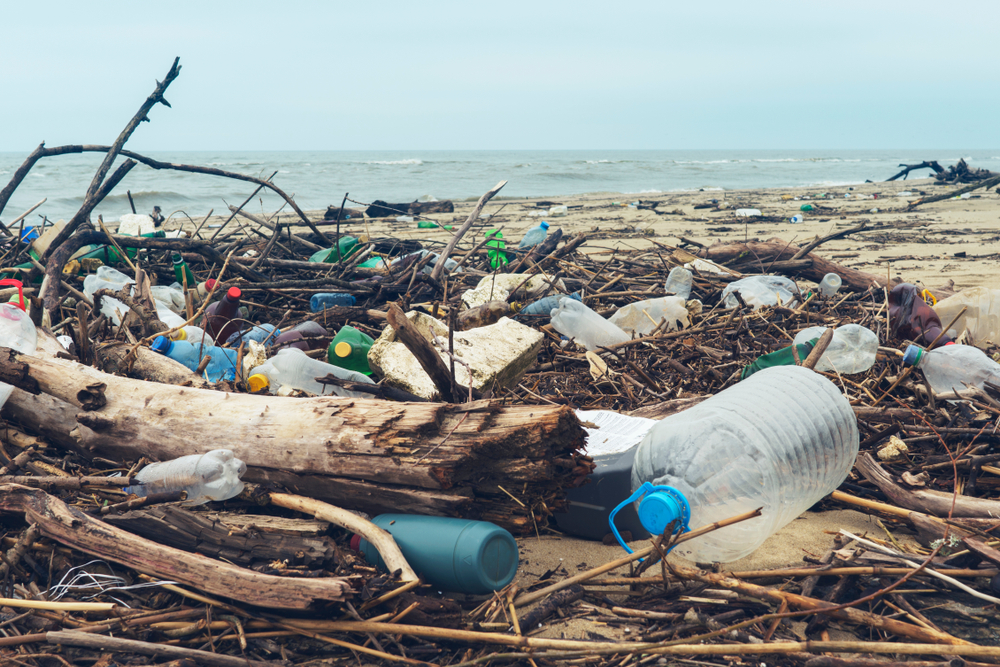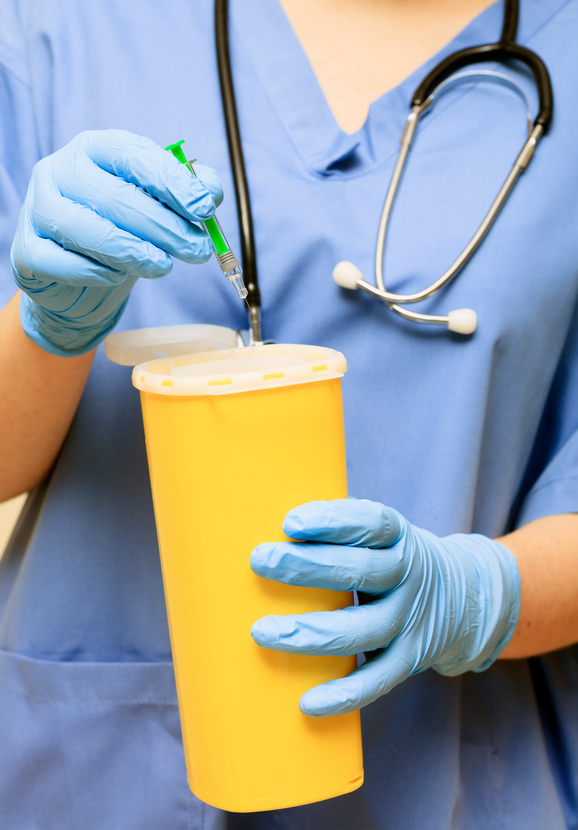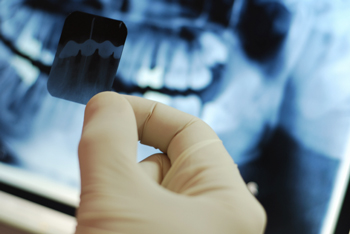Posts by Guest Blogger
Tips for At-Home Sharps Disposal on World Diabetes Day
Here are tips for at-home sharps disposal in light of World Diabetes Day. Diabetes is a disease that affects individuals and families across the world. The condition, which includes poor response to food and glucose use for energy, is becoming more prevalent today and advocacy to bring awareness and education on the issue is increasing.…
Read More5 Safety Tips for Health Care Workers
Health care workers play a very crucial role in the survival of humanity. They are constantly exposed to dangerous health situations because they have the intention to provide care to people who are not feeling well. Some of the health risks that healthcare workers are exposed to include radioactive materials, injuries from needles, exposure to…
Read More5 Easy Ways Medical Professionals Can Avoid Injury
Working in the healthcare industry often involves a degree of risk. Healthcare workers can be exposed to dangers in the form of injuries, bloodborne pathogens, allergies, and more. In fact, according to OSHA, a hospital is statistically one of the most dangerous places a person can work. According to a Philadelphia workers compensation lawyer, “as…
Read MoreICYMI: Plastics As Medical Waste, Sharps Safety Protocol, Expired Medications, and More
Food allergy awareness, plastics as hazardous waste, expired medication, and more on the Red Bags blog for the month of May. Here’s what you missed in medical waste disposal and management this month on the Red Bags blog… Epinephrine Auto Injectors: How Do We Dispose of Them? May is Food Allergy Awareness Month, and for…
Read MoreIs it Time to Classify Plastics as Hazardous Wastes?
Plastics are chemically inert, that’s a common belief. Yet in 2013, in the science journal Nature, a group of scientists started a call to classify plastics as hazardous wastes. Their argument? Plastics, like the typical hazardous waste we all know, also pose harm to human health and the environment, and that applying hazardous waste disposal…
Read MoreBloodborne Pathogens Exposure Control Plan
What are bloodborne pathogens and why did OSHA create a formal standard to deal with the hazards? What are bloodborne pathogens and why did OSHA create a formal standard to deal with the hazards? Bloodborne pathogens are an occupational hazard for healthcare workers and other employees who may be exposed to blood and other potentially…
Read MoreDental X-Ray Waste
Medical waste removal plans are a bit more complicated when it comes to dealing with a popular and necessary dental diagnostic tool: x-rays. Medical waste producers, including hospitals, private practice offices and dental facilities must have a medical waste removal plan to keep staff and patients safe, healthy, and free from contamination. This process includes…
Read MoreWhat Happens to Medical Waste Eventually?
Every day, a relatively large amount of potentially infectious and hazardous waste is generated in health care organizations like hospitals and other facilities around the world. This bio-medical waste must be carefully treated and disposed of in order to avoid contamination and the spread of infectious pathogens. That is why many health facilities and hospitals…
Read More

